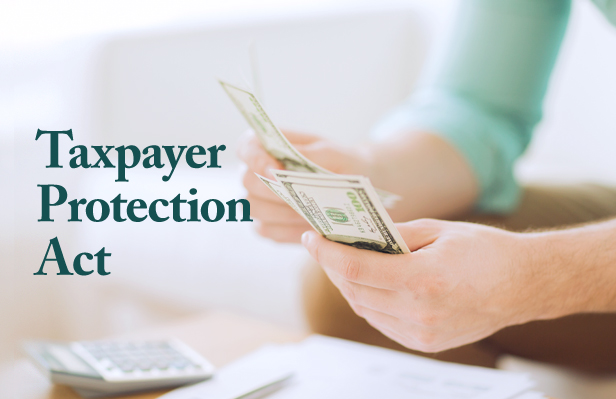Media

Protecting Pa.’s Future: The Taxpayer Protection Act
Pennsylvanians currently owe more than $128 billion in state and local debt—an astounding $10,015 for every man, woman, and child. Yet, our state government is raking in more revenue from your tax dollars than ever. As the economy is steadily growing, the money keeps flowing in. You might think that this would put state government in great financial standing, with funding for essentials like infrastructure, and the ability to pay down debt. But, you’d be wrong.
Instead, state spending is out of control. In the last four years, the General Fund budget has grown by $3.6 billion, or 12.2 percent. As a result, the Independent Fiscal Office projects that we’ll have a $1.7 billion deficit next year.
Graph: State Spending Outpaces the Economy
Thankfully, there is a solution. The Taxpayer Protection Act (TPA), recently introduced in the house by Rep. Ryan Warner as HB 1316 and in the senate by Sen. Camera Bartolotta as SB 116, would reverse this trend by tying spending increases to the rate of inflation and population growth. For example, under the TPA, state spending growth would be limited to 2.12 percent in 2019-20, allowing for a General Fund budget of $33.41 billion. If necessary, lawmakers can override the limit with a supermajority vote.
Rep. Warner explains why the TPA is critical to the prosperity of all Pennsylvanians:
The hard-working taxpayers of Pennsylvania deserve better than what they are getting, which is a broken budget process that results in higher spending each and every year. Higher spending equals higher taxes, and that leads to families and employers exiting the Commonwealth, leaving us with a smaller tax base to cover the costs of operating state government. This path is simply unsustainable.
If the TPA had been applied to the General Fund from FY 2003-04 through FY 2018-19, a cumulative $35 billion—or more than $11,000 per family of four—would have remained in Pennsylvanians' bank accounts rather than state government.
Graph: State Spending vs. Taxpayer Protection Act
HB 1316 and SB 116 are proposed constitutional amendments, meaning both chambers must pass the legislation in two consecutive sessions before going to voters for approval. The Governor’s signature is not required.
This week the state house is focusing on government done right initiatives to remove barriers to economic growth. The TPA removes the biggest barrier: constant tax hikes. By limiting spending and diminishing the pressure for frequent tax hikes, Pennsylvania can avoid fiscal crisis and enjoy long-term prosperity.